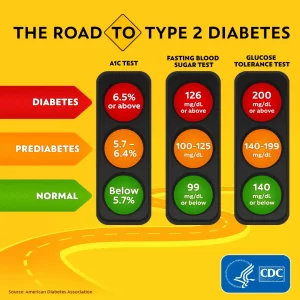The Citizenship Catch 22
By Elizabeth Ricci
Part 12 #22. That’s the part of the Application for Citizenship that’s a “Catch 22”. The words “you must disclose this information even if someone, including a judge, law enforcement officer, or attorney, told you that it no longer constitutes a record or told you that you do not have to disclose the information” precede question 22 on 14th page of the 20-page document that, according to the Paperwork Reduction Act, takes about 18 hours to complete. The question reads, “Have you EVER committed, assisted in committing, or attempted to commit, a crime or offense for which you were NOT arrested?”
The answer to this question creates a “Catch 22”, defined as a “dilemma from which there is no escape because of mutually conflicting or dependent conditions”. In other words, if you answer “no” and once sold oranges on the street in Miami or sold ice cream in a cemetery (both are criminal offenses in the Sunshine State), and eventually became a US citizen, you could be denaturalized. The Trump administration is actively reviewing cases of naturalized citizens for denaturalization using this very question as the basis. Many naturalized citizens are already facing not only being denaturalized, but also their removal from the United States.
Traditionally, citizenship was only taken away where there is clear, unequivocal, and convincing material evidence that leave the issue of illegality free of doubt. But a hardline position is being pushed by the Trump administration and has caused concern for naturalized citizens and some Justices of the United States Supreme Court.
What to do about this conundrum? If you are applying for US citizenship and have ever committed an offense and were not arrested, or even if you were arrested and the case was dropped, it is wise to consult with an attorney versed in immigration law and local USCIS procedures.
________________________________________________
Elizabeth Ricci, a contributor to this blog, is the managing partner of Rambana & Ricci, PLLC Immigration Attorneys in Tallahassee, Florida. She has practiced immigration law for over 15 years, has taught the subject, and written several articles including Foreign-Born Veterans Can Naturalize for Free. She has appeared on CNN, Fox News, and other outlets and has been quoted by the New York Times, Washington Post, and more. She is a regular speaker about immigration matters at churches, civic organizations, and colleges.

